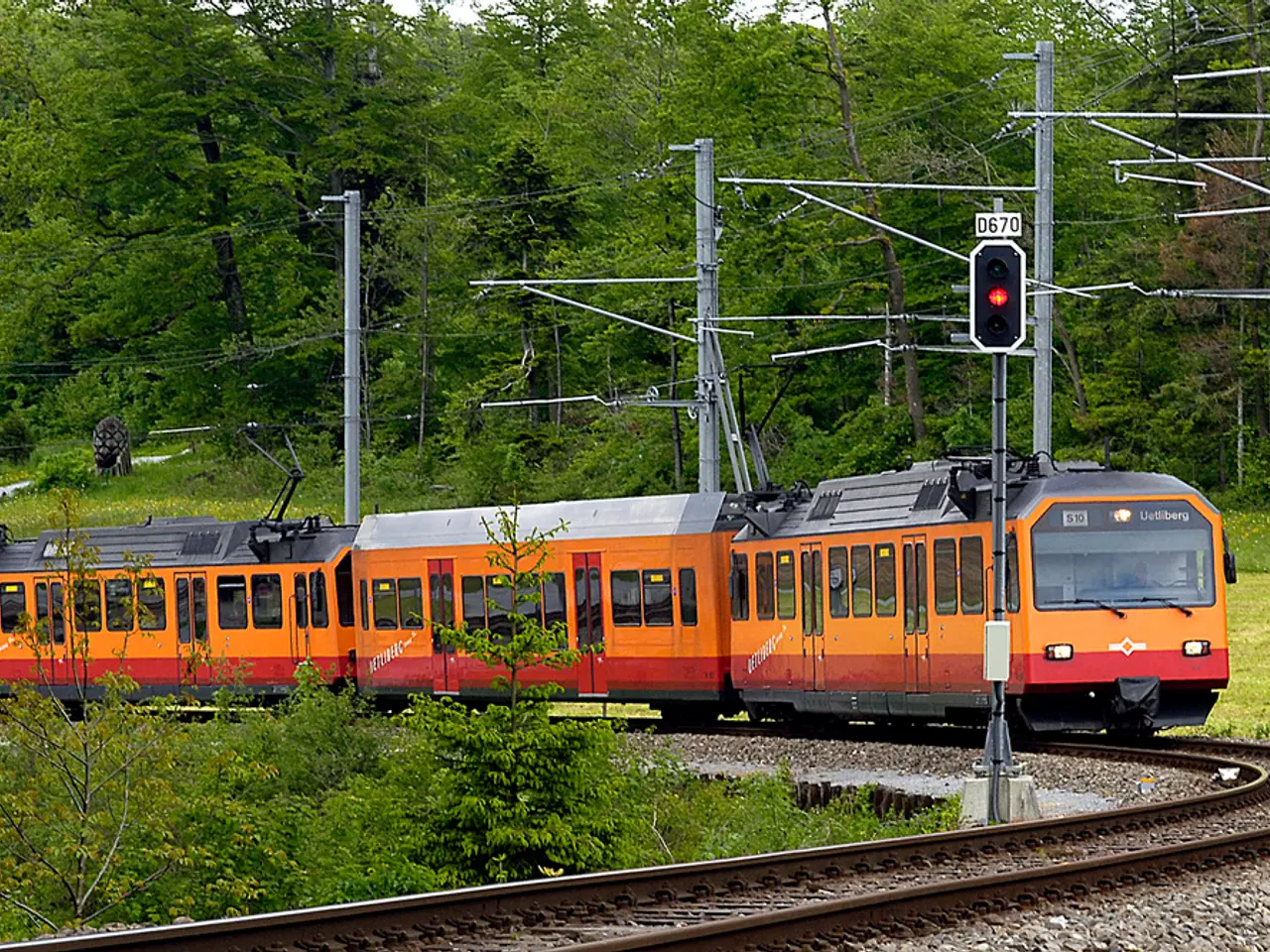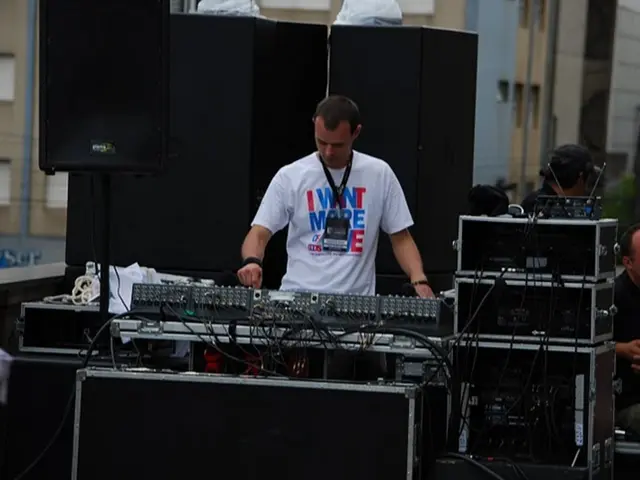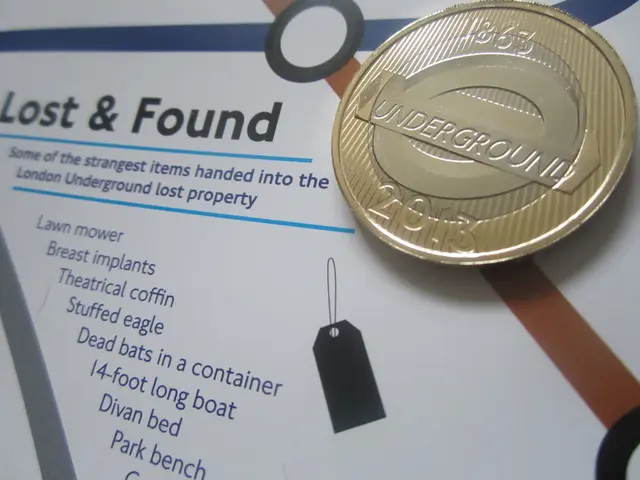Electric Matatus in Kenya make their debut on intercity journeys, thanks to BasiGo's initial pilot program.
Kenyan Startup BasiGo Launches Promising Electric Matatu Pilot on Inter-City Routes
Kenyan electric mobility startup BasiGo has launched a groundbreaking pilot program for electric matatus (public transport minivans) on inter-city routes, marking a significant step for Kenya’s clean public transport.
The pilot program, which involves two transport Savings and Credit Cooperative Organisations (Saccos) - 4NTE and Manchester Travellers Coach - is operational on routes including Nyahururu–Nyeri, Nyahururu–Nakuru, and Thika–Nairobi. Each new van has a range of up to 300 kilometers per charge and can recharge fully in 1.5 hours, making them practical for inter-city transit.
BasiGo’s strategic partnerships with local transport cooperative organizations have been instrumental in building trust among operators, who have historically been skeptical about switching to electric due to concerns about costs, reliability, and infrastructure. The startup’s Pay-As-You-Drive lease model, which reduces upfront costs, has also helped address operator financial concerns and lower barriers to adoption.
Charging stations have already been installed at key points (Nyahururu and Thika), but continued investment is necessary for wider adoption and smooth operations. This infrastructure remains a key challenge in scaling the pilot beyond initial routes.
Regulatory adaptation is another general challenge in such transitions. While specific regulatory hurdles are not detailed in the current reports, the introduction of new traffic rules by NTSA suggests an evolving regulatory framework supportive of clean public transport.
BasiGo aims to expand rapidly, targeting over 1,000 electric vans nationwide with plans to locally assemble these units, which will create jobs and support skill development, indicating confidence in the pilot’s success and long-term sustainability.
In 2024, BasiGo raised $41.5 million to expand its assembly line in Nairobi, with the initiative aiming to extend electric mobility from Nairobi's urban centers to longer-distance transport corridors. If the pilot succeeds, BasiGo plans to scale up quickly, targeting more than 1,000 electric vans across Kenya in the next few years.
Moses Nderitu, BasiGo Managing Director, stated that the program aims to electrify an iconic part of Kenya's history - the matatu. Wilfred Kimotho, chairman of 4NTE SACCO, described the partnership as a step into the future, emphasizing the need for the sector to transition to cleaner energy.
Despite typical early-stage challenges such as regulation, operator skepticism, and charging infrastructure needs, BasiGo’s pilot shows strong potential for scaling, offering a promising future for clean public transport in Kenya.
The technology implemented in the electric matatus by BasiGo potentially revolutionizes Kenya's public transportation, merging with the advancements in environmental-science to combat air pollution. With the success of this pilot program, the startup could attract investments from the finance sector, further boosting the growth of this groundbreaking technological innovation.




